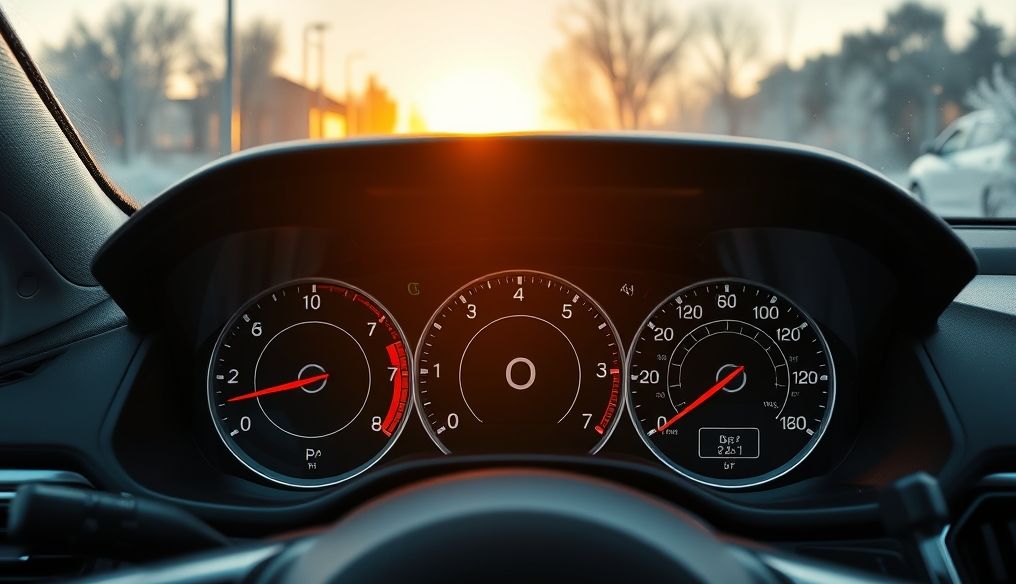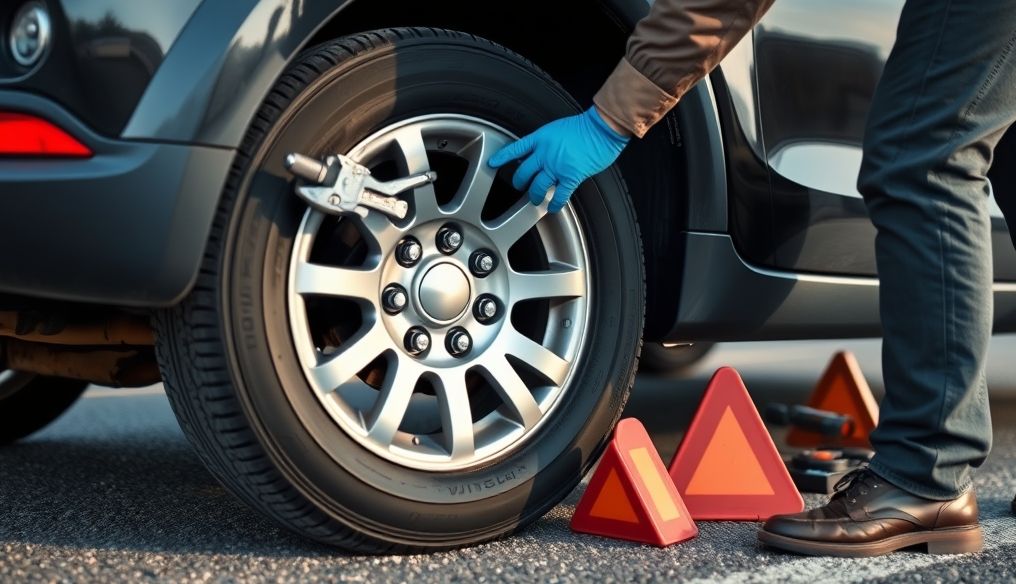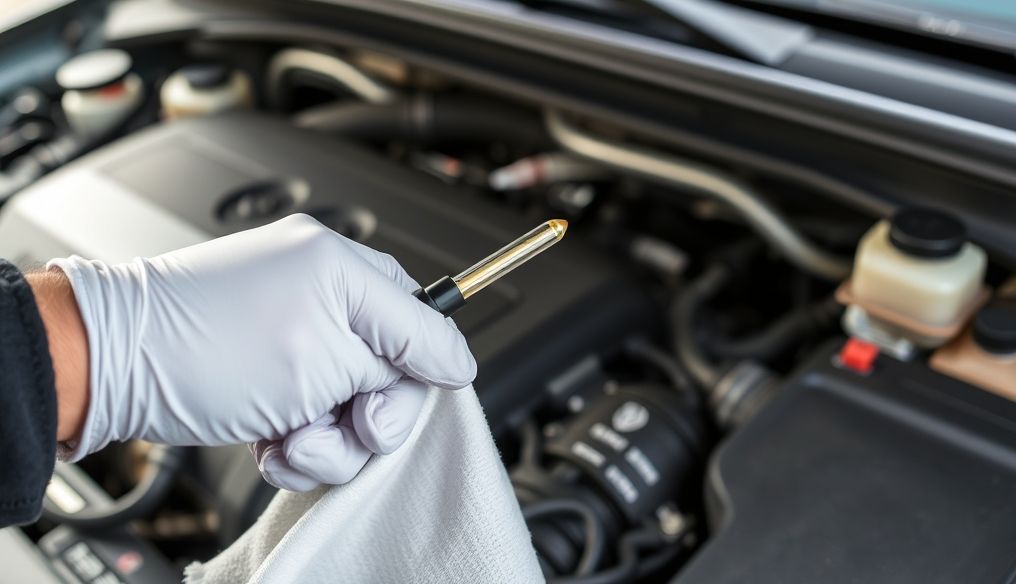Is Warming Up Your Car in the Morning Necessary for Modern Engines?
Warming up a car on a cold morning has long been a common practice, especially in areas with cold climates. However, with technological advancements in the automotive industry, an important question arises: is this practice really necessary for modern engines?
Chapter 1: The History of Warming Up Cars
In the past, cars relied on carburetors to supply fuel to the engine. These carburetors were very sensitive to temperature, and they needed time to warm up to operate efficiently. Without a warm-up period, drivers might have difficulty starting the car or the car might stall shortly after starting.
Chapter 2: How Modern Engines Work
Modern engines use electronic fuel injection (EFI) systems, which are more efficient and precise than carburetors. The EFI system monitors the engine temperature and other conditions to adjust the amount of fuel injected into the cylinders. This means that a modern engine can operate efficiently even in cold temperatures without needing a long warm-up period.
Chapter 3: Arguments in Favor of Warming Up Cars
Despite the advancements in engine technology, some people still believe that warming up a car is necessary. Their arguments include:
- Protecting the Engine: Some believe that warming up the engine allows the oil to reach all parts of the engine, reducing wear and tear.
- Improving Performance: Some claim that warming up the engine improves the overall performance of the car, especially in cold weather.
- Driver Comfort: Warming up the car provides heating inside the cabin before driving off.
Chapter 4: Arguments Against Warming Up Cars
There are also strong arguments against warming up cars, especially in modern vehicles:
- Fuel Consumption: Warming up a car consumes fuel unnecessarily. It is estimated that warming up a car for 10 minutes can consume up to half a liter of fuel.
- Pollution: Warming up a car contributes to environmental pollution. When the engine is cold, it produces more harmful emissions.
- Wear and Tear: Contrary to popular belief, warming up a car for a long time may increase wear and tear. When the engine is idling, it is not operating efficiently, which can lead to fuel accumulation in the cylinders and oil contamination.
Chapter 5: Expert Recommendations
Most automotive experts agree that warming up a modern car for an extended period is not necessary. The U.S. Environmental Protection Agency (EPA) recommends running the car for only 30 seconds before driving off. This allows the oil to circulate in the engine without wasting fuel or causing excessive pollution.
Chapter 6: The Effect of Temperature on the Engine
Although modern engines are designed to operate efficiently in cold temperatures, temperature still plays a role. In extremely cold weather, the engine may take longer to reach its optimal operating temperature. However, gentle driving after starting is the best way to warm up the engine quickly and efficiently.
Chapter 7: Tips for Maintaining Your Car's Engine
Regardless of whether you warm up your car or not, there are some tips that can help you keep your engine in good condition:
- Use High-Quality Engine Oil: Choose an oil specifically designed for your car and your driving conditions.
- Change the Oil Regularly: Follow the maintenance schedule recommended by your car's manufacturer.
- Check the Coolant: Make sure your coolant is in good condition and properly filled.
- Avoid Aggressive Driving: Aggressive driving puts extra stress on the engine.
Chapter 8: Conclusion
In conclusion, warming up a car for an extended period is not necessary for modern engines. In fact, it may be harmful to the environment and lead to additional wear and tear. Instead, start your car for 30 seconds and then begin driving gently. This will allow the engine to reach its optimal operating temperature quickly and efficiently while reducing fuel consumption and pollution.
Disclaimer: This article provides general information and should not be considered professional advice. Always consult a qualified mechanic for specific advice for your car.




